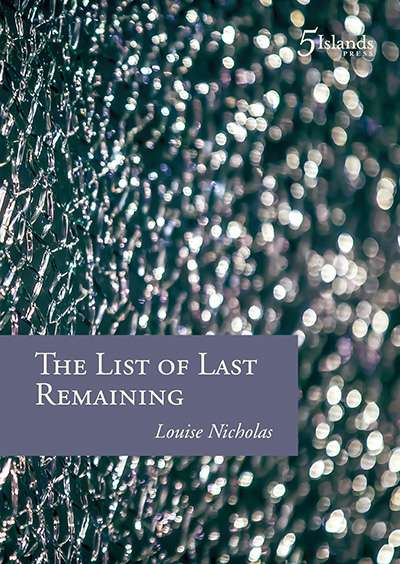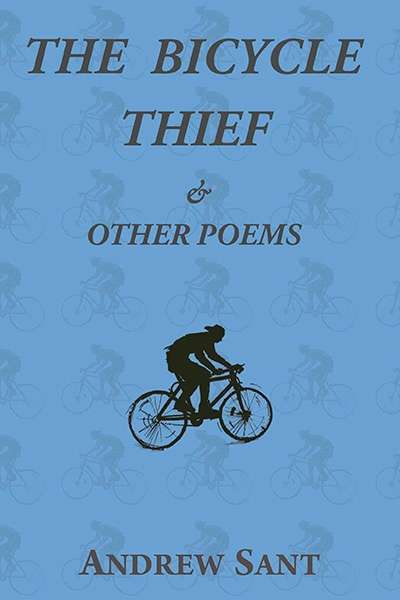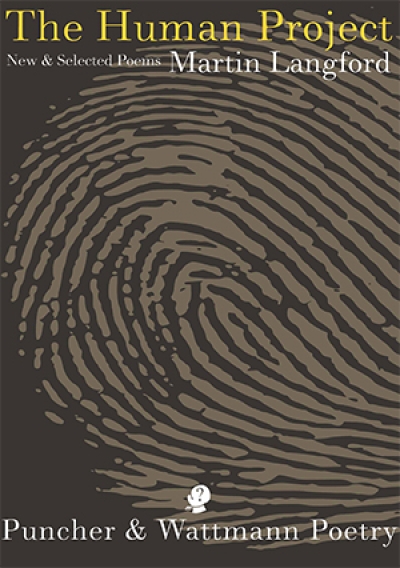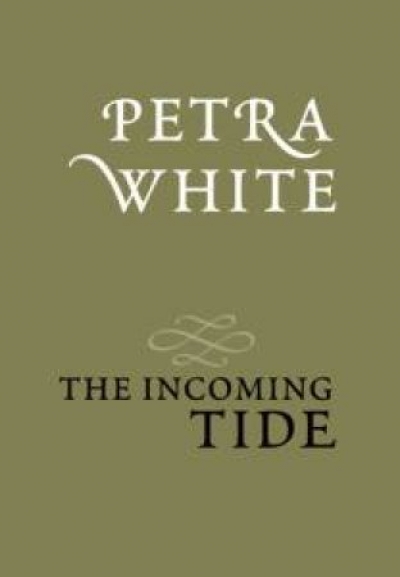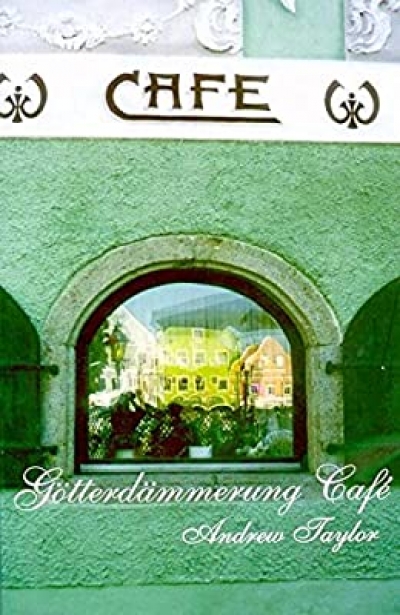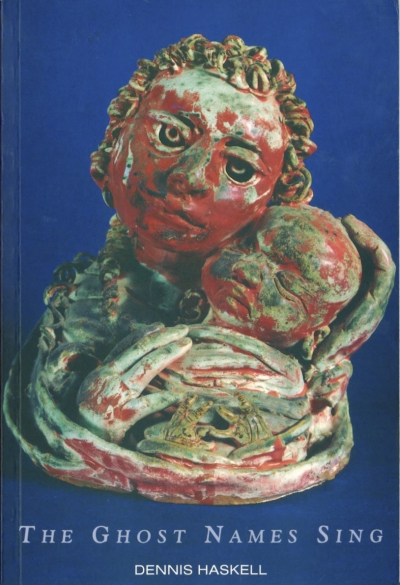Andrew Sant
In this episode of 'Poem of the Week' Andrew Sant reads 'Tamarillos'. ABR Editor, Peter Rose, introduces Andrew who then reads and discusses his poem.
... (read more)This cactus looks as if, on a reef,
it could be neighbour to sponge, equally at ease
under the sea – or strange as some tentacled hydra
on the window ledge, free
of quickening leaves.
I was in the house of a friend’s parents recently and noticed, stuck to the fridge door, a poem clipped from a newspaper, among the sundry magnets and notices. Companion to book reviews, its subtleties had taken their fancy as being more than ephemera. Good, I thought, these are poetry readers – an engineer and an art teacher – who can confidently duck and weave among poems that come their way and say, yes, this one’s a pleasure. But do they buy and read collections of poetry? Well, they would more often if …
... (read more)Götterdämmerung Café by Andrew Taylor & Russian Ink by Andrew Sant
The Ghost Names Sing by Dennis Haskell & Album of Domestic Exiles by Andrew Sant
Would it surprise you to know that a number of our well-known writers write to please themselves? Probably not. If there’s no pleasure, or challenge, or stimulus, the outcome would probably not be worth the effort. If this effort is writing, it seems especially unlikely that someone would engage in the activity without enjoying the chance to be their own audience.
... (read more)
